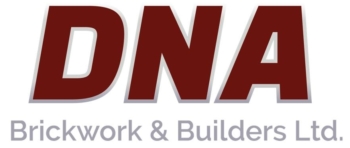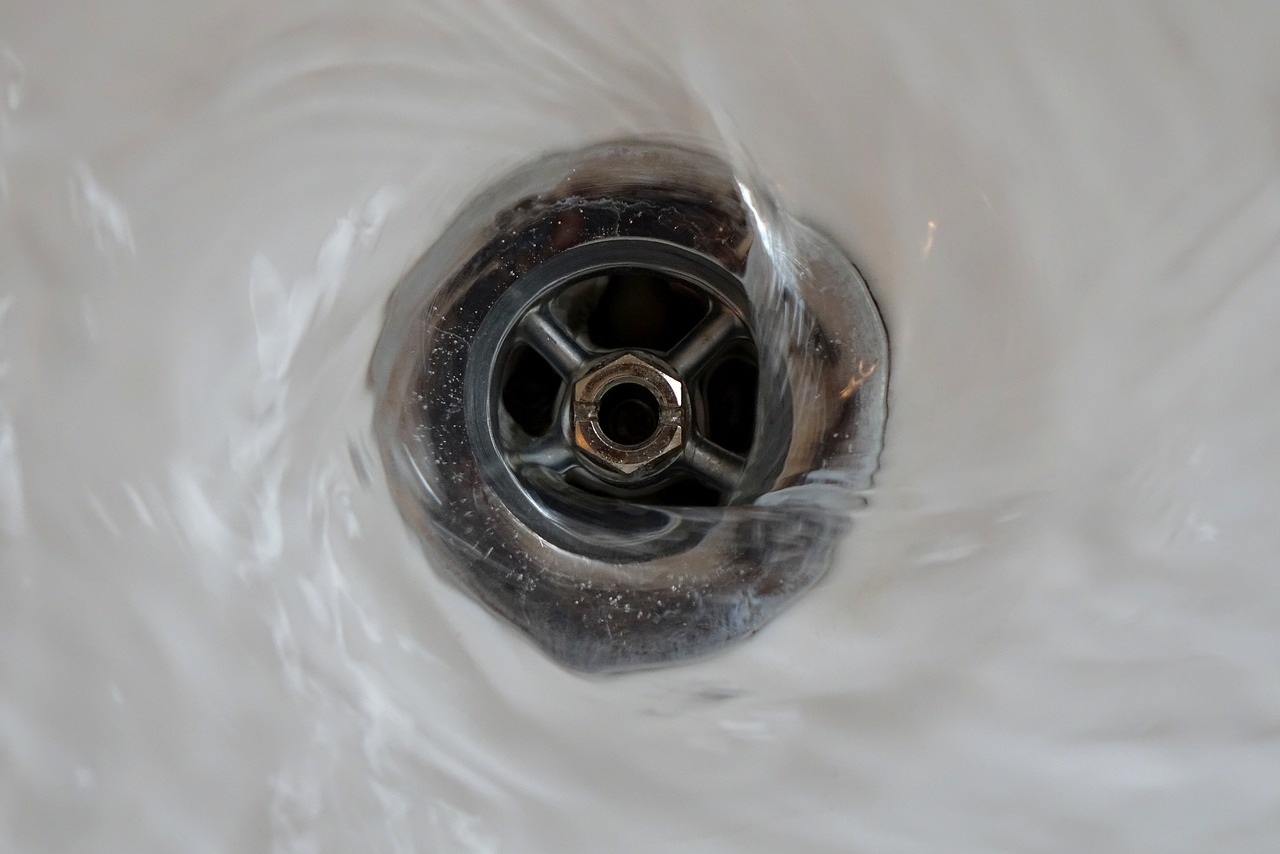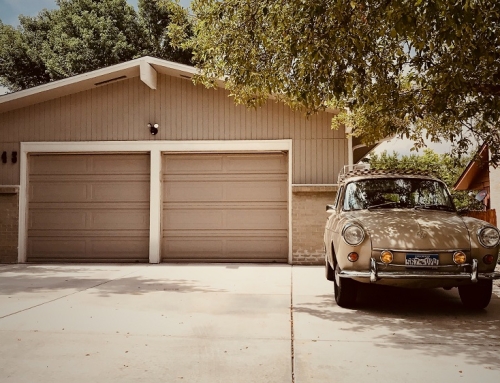Renovating your bathroom isn’t a weekend job. Far from it! It’s a big project that takes a lot of planning, preparation and expertise, which is why it ends up on the homeowners wish list for such a long time! And even if you are the aspirational DIY type and decide to give it a go yourself, you may find things grind to a halt when it comes to the wiring part. There are a lot of risks involved with water and electricity, which is why it really is better to get your bathroom redone by a professional. In case you don’t believe us, here are 4 common issues we see clients come across in DIY bathroom renovations all the time, and how a professional builder/electrician might handle them.
Lighting Should Be Appropriate
Getting the lighting right in a new bathroom can be the difference between an OK result and one that inspires a ‘wow’ when you open the door. But there is a fine line between that low, sultry mood lighting that creates that calm and relaxed spa feeling, and dimness that means you can’t really see what’s in front of you and you end up with a lot of stubbed toes. Equally, too much light can make the room seem stark and create glare, and lights in the wrong places can leave you with areas that are too bright, and others that are pools of blackness. When remodelling your bathroom, you need to consider what kind of lighting is appropriate for the room and where you will place it to make sure everything is well lit.
Keep It Up To Code
A bathroom is, naturally, a wet space. Whether it’s a full wet room or you just like taking steamy showers, there will be moisture in the air and it will get onto and into everything. So to make sure you and everyone who uses the bathroom is kept safe, there are a whole host of rules, restrictions and regulations around the electrics installed in a bathroom. A few examples include:
- All outlets must be GFCIs (ground-fault circuit interrupters), to protect them from electrocution.
- There must not be an outlet placed within 36 inches of the edge of the sink – all outlets have to be more than 3 metres from the edge of a bath and shower.
- If you opt for a shaver unit, these can be closer, but still not within 600mm of a bath or shower.
- No installation of outlets in a face-up position on the countertop.
- Outlets must be on at least one dedicated circuit that doesn’t include the lights so that high-watt appliances won’t trip the entire bathroom electrical system and leave you in the dark.
- Outlets cannot be located above or closer than 36 inches to the bathtub.
Unique Power Needs
The bathroom is a pretty unique room in your house, electrically speaking. Not only do they require their own approach to electrical installation from a safety perspective, but every user will have different power needs, which makes installation a bit more complicated. Outlet placement and number are important considerations in a bathroom and are guided by what electrical appliances you want to use. If you’re going to be running more than one electric-powered device at a time, like hair driers and curling tongs, for example, then you will probably need more circuits and outlets to accommodate the load. You will also need to consider how and where you use each cord-dependant appliance so that you can put outlets in the right places
You Need Separate Circuits
Depending on the type of bathroom you’re installing and what extra luxuries you’ve chosen, you may find that your previous power circuits aren’t enough for the new improvements. They may end up overloaded by the power needs, or they simply might not integrate with other circuits, which means you need separate power circuits for each one. There are several types of bathroom fitting that require their own power circuit, including things like:
- Underfloor heating
- Heated towel racks
- Whirlpool or jacuzzi bathtubs
If you’re planning to install a more luxurious bathroom, then it might be worthwhile having an electrician look at your plans and see if you need extra prep work done before you start installing things.
Surprised that we know this much about electrics? You shouldn’t be! As well as being fully registered housebuilders, DNA Builders & Brickwork are qualified and registered electricians. This means that not only can we handle the electrics in our building projects, but we can sort out any niggling little electrical problems you might be having in your home at the same time. There is no such thing as a ‘too small’ job – or too big either! We look after you and your home, whether you need a fuse changing, a full house re-wire – or your bathroom redoing. If you would like to know more, just get in touch with us today.




